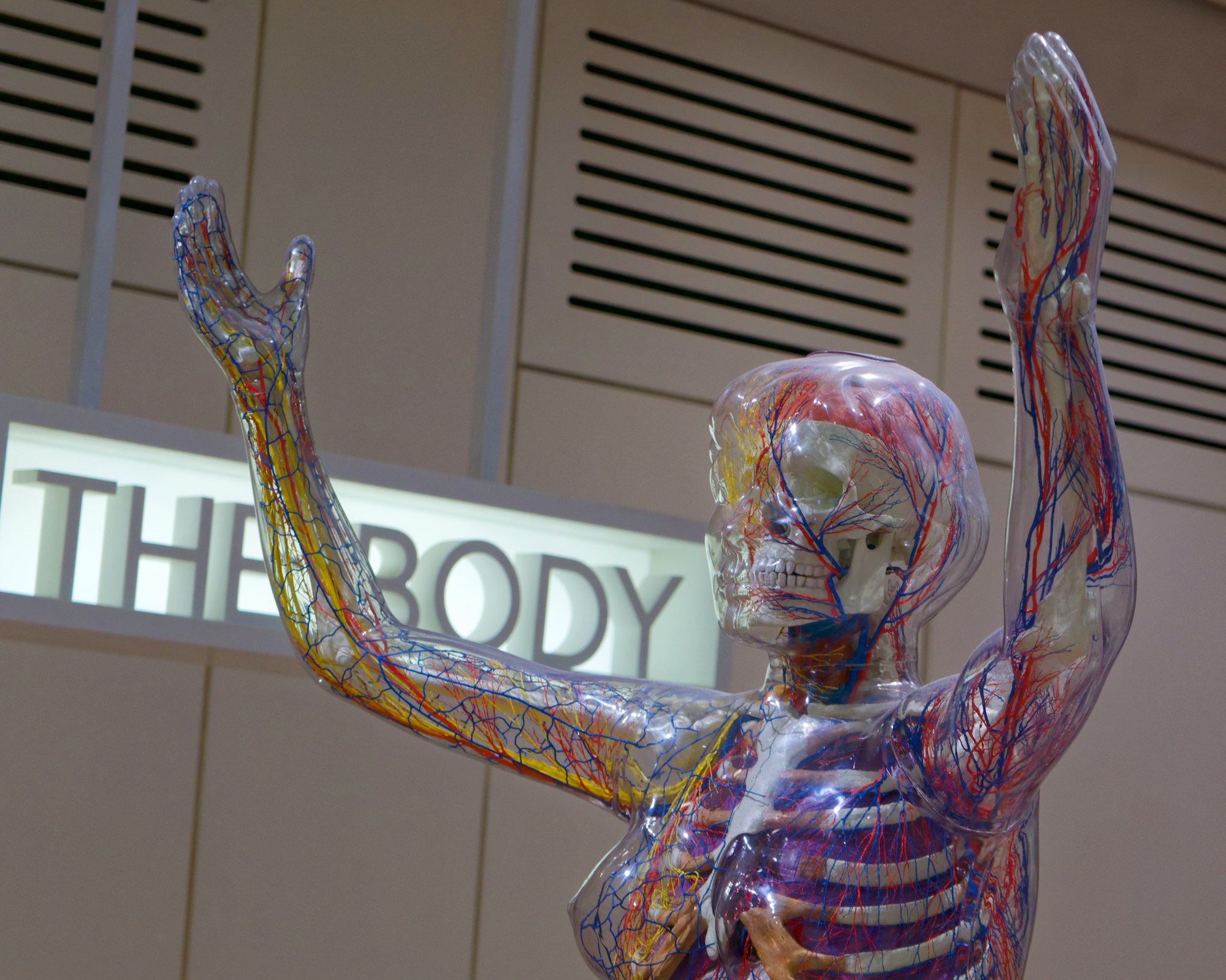Use this tool to supercharge your IGCSE Biology revision

It can be a little tricky sometimes to wrap your head around complicated topics in the IGCSE sciences. It is certainly not a great idea to memorise concepts without actually understanding them. Back in the day when I was taking the IGCSEs, I used a platform called PHET Colorado to supercharge my IGCSE Biology revision. In this post, I have compiled the complete list of simulators that you can explore on the IGCSE Pro website in order to supercharge your IGCSE Biology revision.
Natural Selection 🧬
In the chapter variation and selection for IGCSE Biology, natural selection is one of the core concepts. If you have forgotten, make sure to check out IGCSE Pro's chapter on variation and selection

Through this incredible simulator, you can understand Natural Selection through rabbits.
Explaining how the Natural Selection simulator works
The world starts with white fur rabbits. Then in the next generation, brown fur can be introduced either as a dominant or recessive gene through a mutation. The environment can be controlled seasonally for either winter or summer. This becomes relevant when you introduce wolves into the equation. The wolves are more likely to eat rabbits which stand out from its environment, meaning white fur rabbits are easier to spot during the summer, and brown fur rabbits during the winter. Whichever kind of rabbit survives the attacks from wolves ends up passing their favourable genes to their offspring who is likely to benefit from it and survive long enough to pass that gene to the next generation.
One can also control the environment the rabbits are in through the food supply by either limiting food or making the food less accessible through the 'tougher food' function. In the 'lab' section of the simulator, you are able to mutate the rabbits for stronger teeth which will enable them to survive on tougher food while the rabbits without stronger teeth will perish, leaving the favourable gene as the only gene in existence for teeth to be passed down future generations.
The simulator does an excellent job at demonstrating the core concepts of Natural selection to an extent that it will fit in your visual memory and you would be able to face no particular issues if you ever face a question from the variation and selection chapter in your IGCSE Biology examinations.
Greenhouse Effect 🥵
In the IGCSE Biology chapter 'Human influences on Ecosystems', we learn about the Greenhouse effect. This is when greenhouse gasses in the earth's atmosphere trap heat, making the earth's surface increase in temperature. Some common greenhouse gasses are - Carbon dioxide, Methane, Nitrous Oxide, and Chlorofluorocarbon (CFC) from refrigerants.
If you have not revised the chapter yet, now is the time to do so! Please go ahead and click the link below to get yourself familiarised with the Greenhouse effect.

The simulator does a great job at demonstrating the greenhouse effect. We recommend using the wave model since this is the closest to what the IGCSE Biology chapter explains and what makes up one of the most common questions in the IGCSE Biology examinations.
Explaining how the Greenhouse Effect simulator works
One can control the amount of greenhouse gasses there are in the atmosphere as well through the 'calendar' function. This allows you to simulate the world during the ice age, and the years 1750, 1950, and 2020, each representing a pre-determined concentration of Greenhouse gasses during their respective years. One can also manually control the amount of greenhouse gasses through the slider function but we would recommend against using it unless you know what you are doing.
Diffusion 💧
Diffusion is an important concept in 'Movement In and Out of cells' chapter in IGCSE Biology. The IGCSE definition for diffusion is 'the net movement of particles from a region of their higher concentration to a region of their lower concentration down a concentration gradient, as a result of their random movement' according to the syllabus. This might ring bells for some, while leaving others completely flabbergasted. Now, you know the drill. Jump right ahead and go to the IGCSE Pro's biology revision notes for the 'movement in and out of cells' chapter.
Explaining how the Diffusion simulator works
In the simulator, you can control the number of particles, their mass, their radius, their, and their initial temperature. These variables can help you measure how further along a particle will move when it has certain characteristics over the other. For instance, particles that are smaller and have a higher initial temperature move further along when the barrier is released. This might be a great tool for you to explore for the Alternative to Practical paper of your IGCSE Biology examinations.
Neurons 🧠
This one is for the students who are revising the Coordination and Response chapter. While this only applies for the extended portion of the IGCSE Biology, core students might still find it useful to reinforce their understanding of the chapter. Once again, before we begin, please make sure to revise Coordination and Response before engaging with the simulator.

Now that you have read the chapter and are an expert on it, without further ado, here we present you with PHET Colorado's Neurons simulator!
Words of advice on using simulators for your IGCSE examinations
Please note that for any of the above simulators mentioned in this post, you will need to revise the respective chapters thoroughly before using them. If you are not aware of the concept itself, it would be of little use to be introduced to a simulator as chances are that you might not be entirely familiar with the terminology and keywords that are used. Hence, we recommend that for the best results you spend a good amount of time revising and solving past papers before turning to simulators to gain a well rounded understanding of topics that are complicated to explain through images and words.
Also, please note that simulators can be addictive in nature and one can spend unforgivable amounts of time on them. Hence we recommend to use a timer and set aside time specifically to use the simulator, or else you might be consumed by the endless possibilities that a simulator might present. With that being said, we wish you all the best for your IGCSE examinations, and hope that you will check out our IGCSE revision notes to help prepare you to get that A*.




